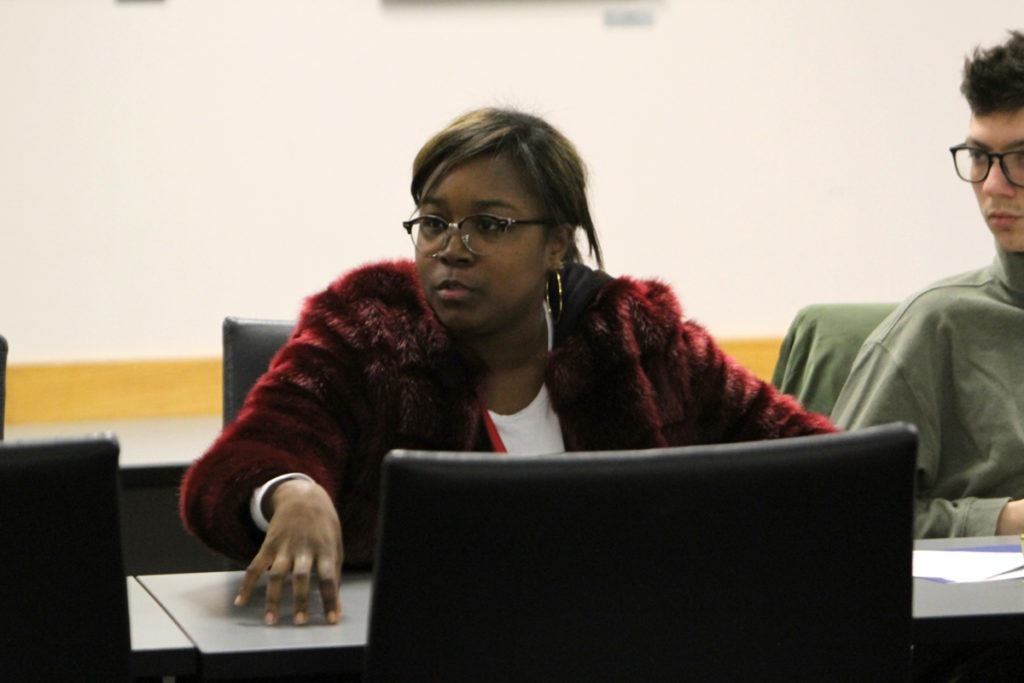The Student Governance Council tabled a bill to create a representative committee of students for the School of Humanities and Sciences during its March 5 meeting.
The bill is sponsored by Hunter Flamm, senator for the School of Humanities and Sciences and co-sponsored by Alyse Harris, vice president of academic affairs. According to the current draft of the bill, the committee will be made up of five students in the School of Humanities and Sciences, with at least three of these students having majors different than that of the current Humanities and Sciences senator, who will chair the committee.
The School of Humanities and Sciences has 1,931 students, which is 30 percent of the college’s population. This makes it the school with the most students.
The vote for tabling the bill was tied with five votes in support, five votes opposed and one abstaining. Since the vote for tabling was a tie, the final vote went to Carlie McClinsey, Student Governance Council president, who voted in support of tabling the bill until March 26.
Senator-at-Large Jonathan Couce said he did not understand the need for a committee within the School of Humanities and Sciences when Flamm could gain information about issues in the school by simply talking to his constituents. Flamm said the quantity and diversity of majors and minors makes it difficult for a single senator to represent the entire humanities and sciences population.
“In the humanities and sciences school, I feel that sometimes people can end up getting trapped in their major,” Flamm said. “It would allow them [the humanities and sciences senator] to better increase the information at their disposal, and enable them to represent, in a more broad sense, the humanities and sciences school.”
A bill proposing the addition of another senator on the SGC senate for the School of Humanities and Sciences was proposed by Emily Honen, formerly the School of Humanities and Sciences senator, in January 2017, but it failed to pass.
Several schools already have their own version of an internal student government, so this type of committee is not unprecedented on campus. Harris said the Whalen School of Music has an internal senate, and the School of Business has a dean’s council that includes business students and a position for the business school senator. Creating an internal committee could be helpful in representing different constituent groups within the School of Humanities and Sciences, Harris said.
“I feel like that’s one of the advantages of getting students from all different majors to come together, because there are some departments that are similar to each other,” Harris said. “For example, some of the sciences are facing similar issues. … But those issues are going to be very different from those of an English education major.”







